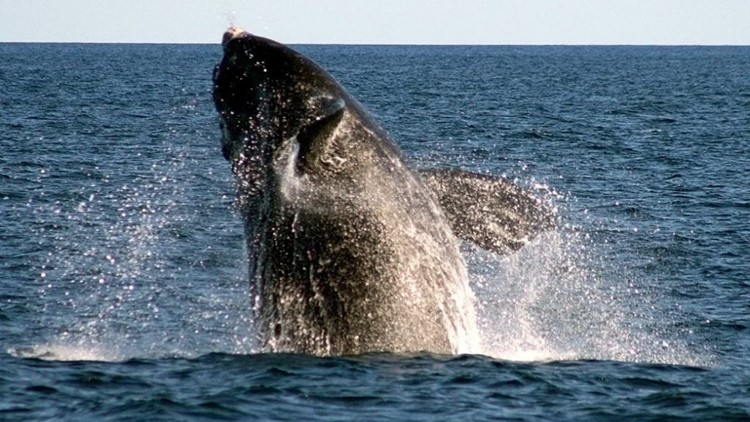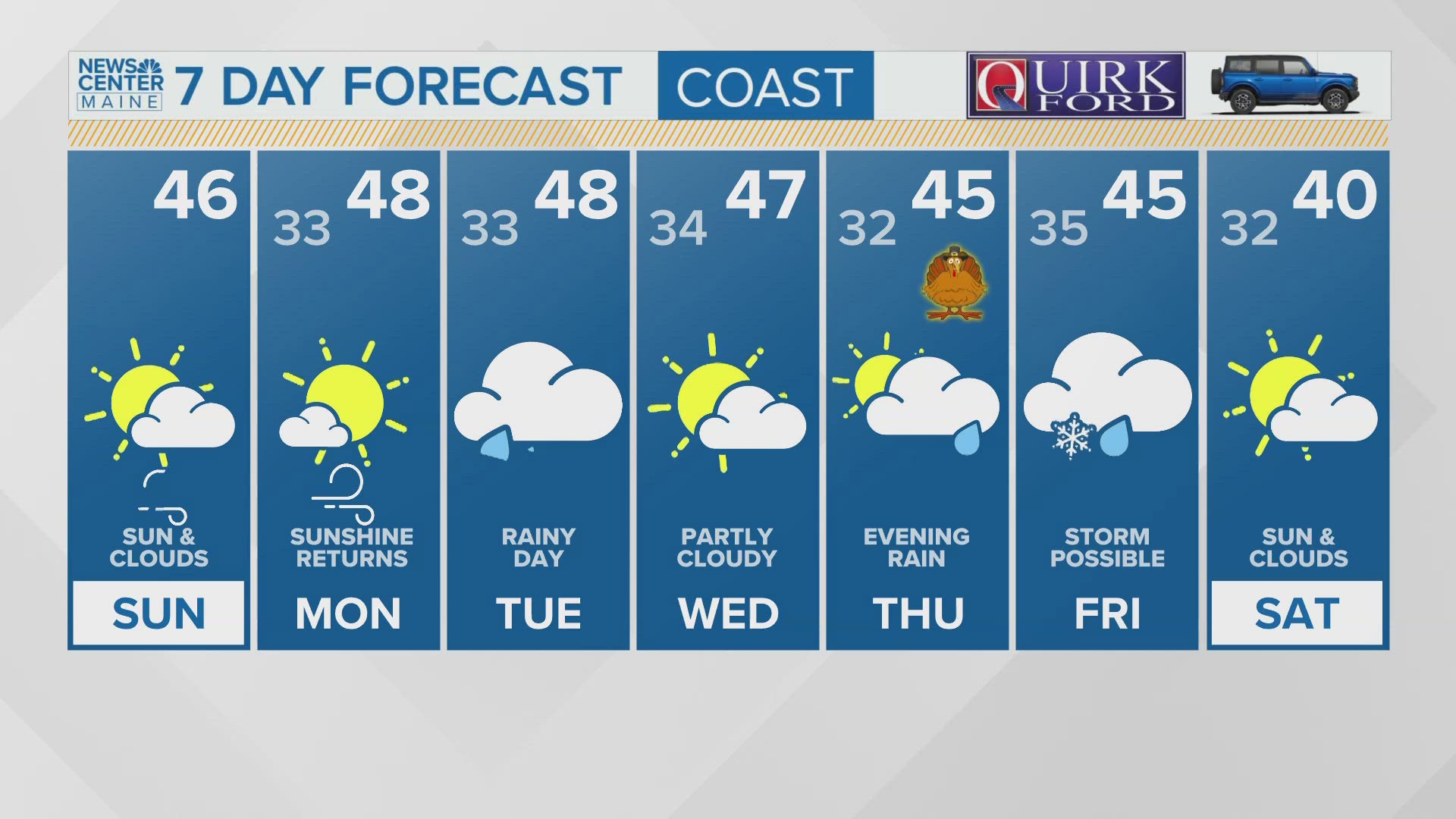An endangered species of whale is experiencing a mini-baby boom in New England waters, researchers on Cape Cod have said.
The North Atlantic right whale is one of the rarest species of whale on the planet, numbering only about 411. But the Center for Coastal Studies in Provincetown, Massachusetts, said Friday its aerial survey team spotted two mom and calf pairs in Cape Cod Bay a day earlier. That brings the number seen in New England waters alone this year to three.
That's big news because the whale's population has been falling, and no calves were seen last year. In all, seven right whale calves have been seen so far this year.
The whales give birth off Georgia and Florida in the winter and travel to feeding grounds off New England in the early spring, including the Gulf of Maine, a body of water that touches Massachusetts, New Hampshire, Maine and Canada.
Cape Cod Bay is part of the Gulf of Maine and is a critically important feeding ground. The animals often feed close to shore, providing watchers on land "unbeatable views of one of the rarest of marine mammals," the Center for Coastal Studies said in a statement.
It's illegal to get within 1,500 feet (457 meters) of the animals without a federal research permit, so boaters are discouraged from attempting to get close to the whales.



